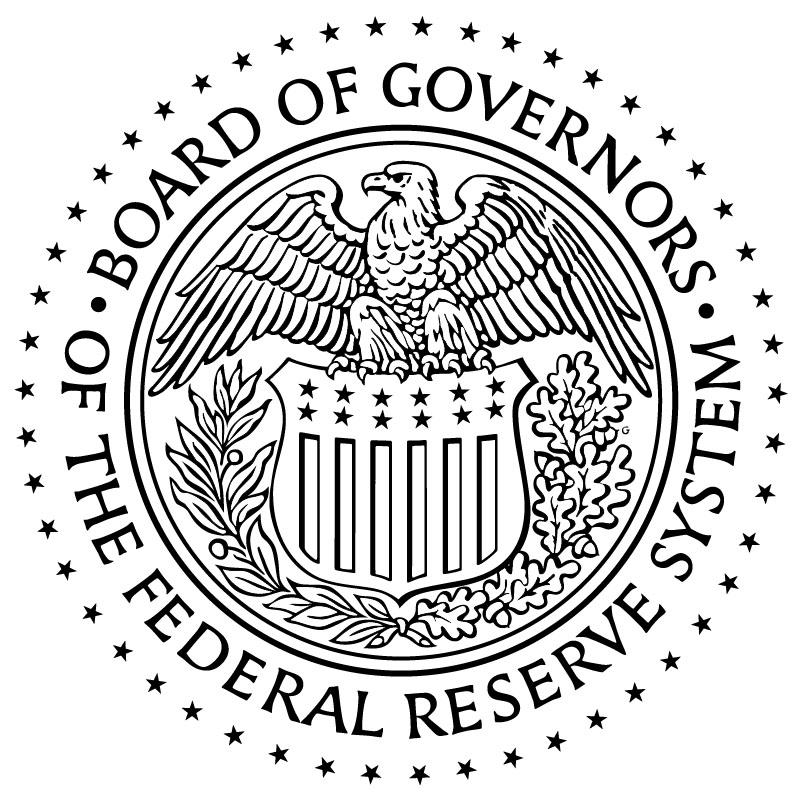Krugman is one of the few people stateside who realise what's going on. The rest is happily dreaming in their little fantasy world. 
Now for the controversy... Sten: What output gap ? US is still a couple percent above trend...

Now for the controversy... Sten: What output gap ? US is still a couple percent above trend...



Comment